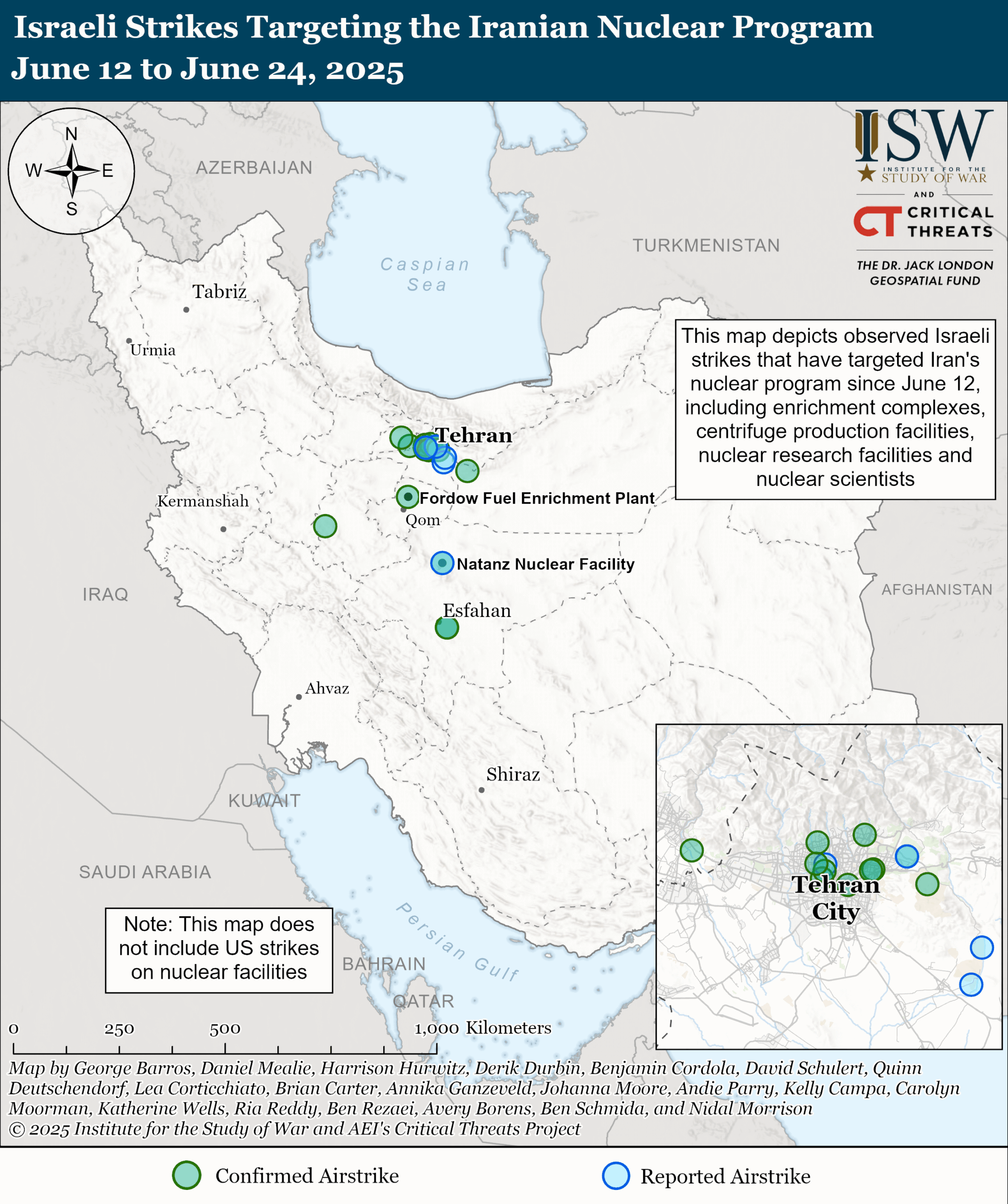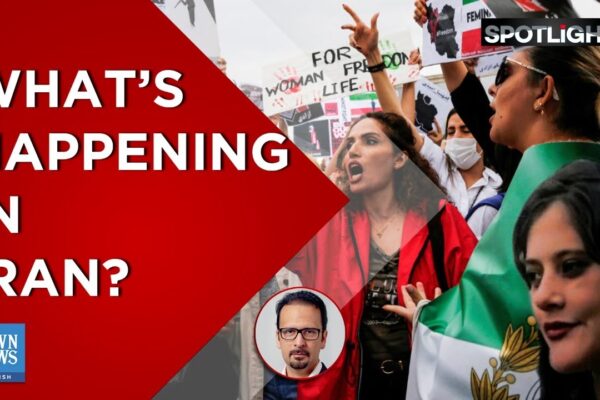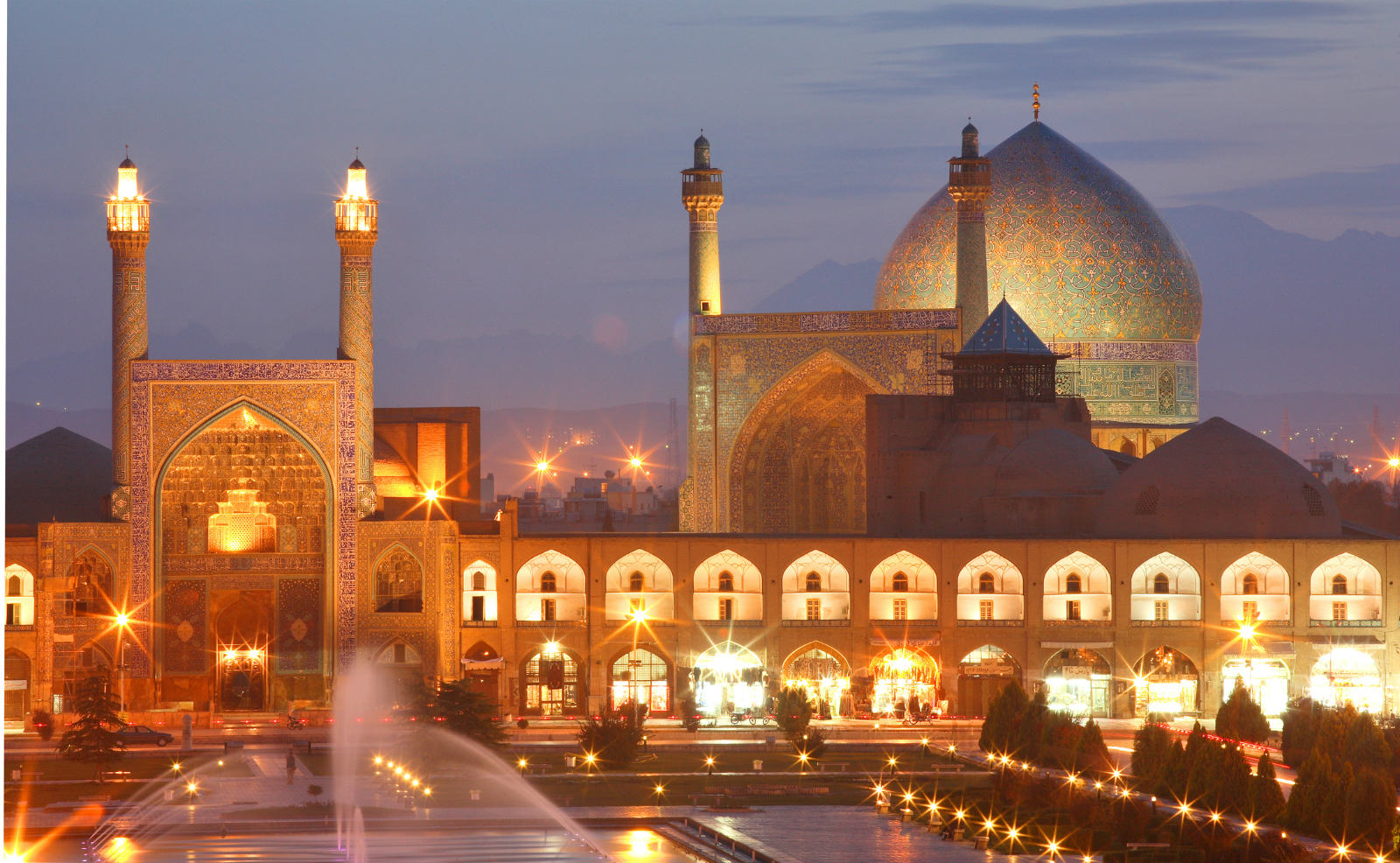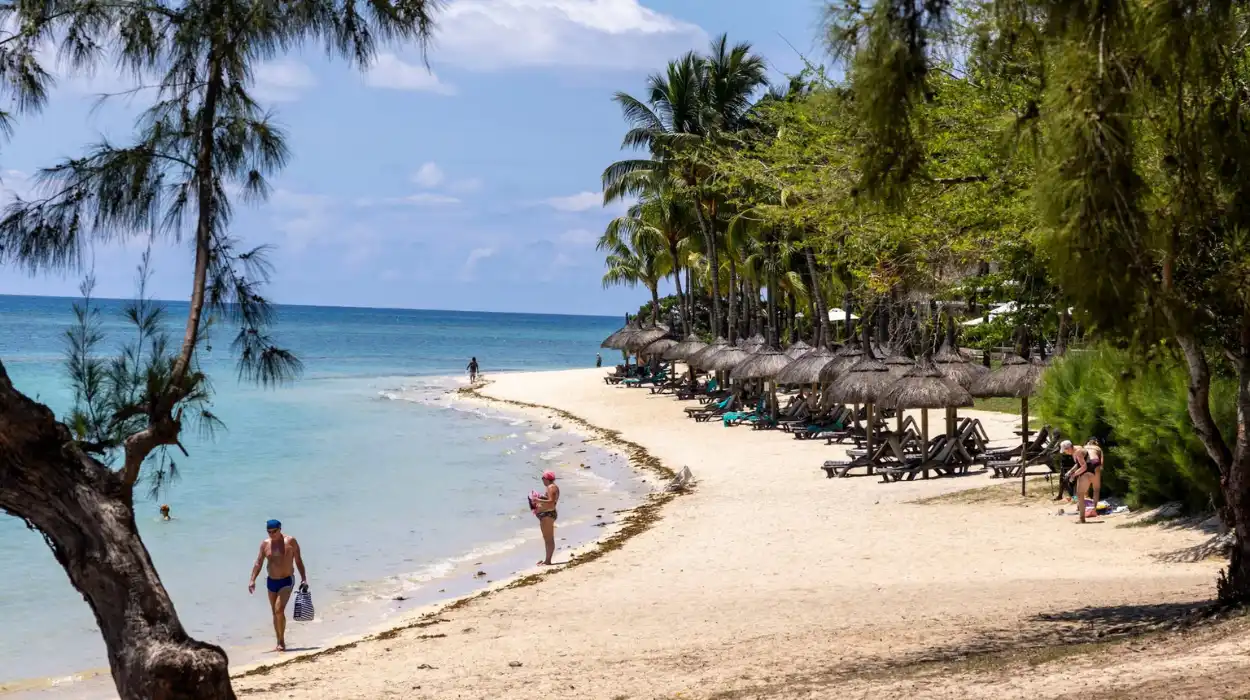An Overview of Iran’s Nuclear Capabilities and Their Impact

Introduction
The topic of Iran’s nuclear capabilities remains critical in international relations, given its implications for regional and global security. As tensions persist between Iran and world powers, understanding Iran’s nuclear advancements is crucial for policymakers and the public. This article reviews recent developments in Iran’s nuclear programme and explores their potential consequences.
Recent Developments
In 2023, reports from the International Atomic Energy Agency (IAEA) highlighted that Iran is continuing to enhance its nuclear capabilities. According to the IAEA, Iran has amassed a significant stockpile of enriched uranium, with estimates indicating they have surpassed 60% enrichment—close to weapons-grade levels. This progression raises alarms among various nations, as higher enrichment levels increase the potential for illicit nuclear weapons development.
Moreover, Iran’s ongoing construction at its Natanz facility and advancements in centrifuge technology illustrate a concerted effort to expand its nuclear capabilities. These advancements occur amidst a backdrop of stalled negotiations regarding the 2015 Joint Comprehensive Plan of Action (JCPOA), from which the U.S. withdrew in 2018. The lack of a binding agreement has allowed Iran to continue developing its programme with fewer restrictions.
International Response
The international community has responded with heightened scrutiny and diplomatic efforts. The U.S., alongside allies such as the UK, France, and Germany, has expressed concerns about Iran’s nuclear trajectory, prompting calls for renewed negotiations or the imposition of further sanctions. The European Union sought to mediate discussions, whilst some countries argue for a more robust approach towards Iran’s nuclear activities.
Conclusion
As Iran progresses in its nuclear capabilities, concerns grow regarding the implications for regional security and non-proliferation efforts. The situation is precarious, with the potential for escalating tensions not only within the Middle East but globally. Observers suggest that continued diplomatic engagement and clear communication channels are necessary to navigate these complexities. In the coming months, Iran’s nuclear developments will remain a pivotal issue, impacting foreign relations and strategies for ensuring a stable and secure international environment.
You may also like

Current Events: What’s Happening in Iran

Key Developments and Current Events in Iran

SEARCH
LAST NEWS
- Remembering Wendy Richard: The Promise to Co-Star Natalie Cassidy
- How Did Anglian Water Achieve an ‘Essentials’ Rating for Mental Health Accessibility?
- Shai Hope Leads West Indies in T20 World Cup Clash Against South Africa
- What We Know About Weston McKennie: Future at Juventus and Past at Leeds
- What We Know About the Upcoming Live Nation Antitrust Trial